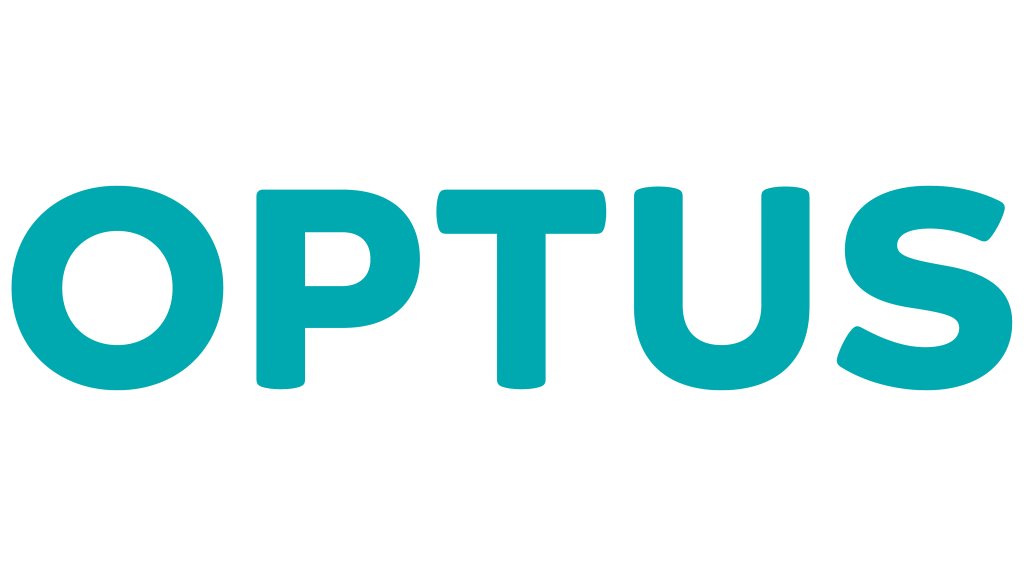Home > Internet Plans > Data-Only SIM Plans
Find out how data-only SIMs work and compare internet plans with Savvy today.
Author
Savvy Editorial TeamFact checked





We’ve partnered with Econnex to bring you a range of internet plans to help you compare them.
Data-only SIM plans have emerged as a flexible internet solution for Australians looking for internet on the go, offering internet access for tablets, modems, and other devices. Whether for work, entertainment, or staying connected on the go, it’s important to understand how data-only SIM plans work.
You can compare a range of internet plans in one place through Savvy. Consider plans tailored to your specifications and available where you live from a variety of leading Australian providers. Fill out our simple online form and get a no-obligation quote today!
A data-only SIM plan is a type of mobile broadband plan which provides internet connectivity without the traditional voice call and SMS features associated with regular mobile plans. As the name suggests, it’s a SIM card which can be inserted into portable devices to provide an internet connection on the go.
These plans come with a specific allowance which determines the amount of data users can consume each month, with unlimited mobile broadband only available in very select cases.
There are two main types of data-only SIM plan to consider:
Prepaid data-only SIM plans
Prepaid broadband plans require you to pay for your data at the start of the month. These plans come without lock-in contracts and don’t charge for excess data usage, as your data cap is pre-determined, and you’ll simply be required to recharge at the end of each period (typically a month) or when it runs out. However, these plans are typically more expensive than postpaid SIM plans.
Postpaid data-only SIM plans
Unlike prepaid plans, postpaid plans are paid at the end of the month. This means that you may be subject to excess data charges if you exceed your monthly limit (although some providers won’t charge for excess usage). These plans may also come with lock-in contracts, though this isn’t always the case, but are often much cheaper than prepaid options.
Data-only SIM plans are versatile and compatible with a range of devices which may rely on physical connectivity for internet access. Common devices that can use data-only SIM plans include:
Comparing data-only SIM plans involves considering several key factors to find the mobile broadband plan that best suits your needs:
The entire comparison process is free with us, meaning you can use it as many times as you like.
You’ll be able to consider competitive offers from some of Australia’s leading internet providers before you buy.
You can compare plans 24/7 with our online form regardless of where in Australia you’re living.
Yes – you can use a data-only SIM in a smartphone which is compatible with the SIM card size. However, keep in mind that data-only SIMs don’t provide traditional voice call or SMS services, so you'll rely solely on internet-based communication apps for calls and texts.
To determine your data needs, it’s important to consider your typical monthly usage. If you’re using your SIM for activities such as streaming or gaming, you’re likely to need more data than if you’re primarily browsing and checking your emails. More data-intensive activities may also require a more reliable and strong internet connection, meaning 5G may be more suitable than 4G in some cases.
Activation procedures vary by provider. Typically, you'll insert the SIM card into your device and follow the instructions provided in the package or online by the provider. Activation may involve creating an account, selecting a plan and adding credit or data.
The expiration of data-only SIM plans depends on the provider and plan. Many plans have a specific validity period, which may range from 28 or 30 days up to as long as 365 days in some cases. However, others may last until you use up the data or credit. Be sure to check the terms and conditions of your chosen plan for details on expiration.
Disclaimer:
Savvy is partnered with Econnex Comparison (CIMET Sales Pty Ltd, ABN 72 620 395 726) to provide readers with a variety of internet plans to compare. We do not compare all retailers in the market, or all plans offered by all retailers. Savvy earns a commission from Econnex each time a customer buys an internet plan via our website. We don’t arrange for products to be purchased directly, as all purchases are conducted via Econnex.
Any advice presented above is general in nature and doesn’t consider your personal or business objectives, needs or finances. It’s always important to consider whether advice is suitable for you before purchasing an internet plan. For further information on the variety of internet plans compared by Econnex, or how their business works, you can visit their website.
Quantum Savvy Pty Ltd (ABN 78 660 493 194) trades as Savvy and operates as an Authorised Credit Representative 541339 of Australian Credit Licence 414426 (AFAS Group Pty Ltd, ABN 12 134 138 686). We are one of Australia’s leading financial comparison sites and have been helping Australians make savvy decisions when it comes to their money for over a decade.
We’re partnered with lenders, insurers and other financial institutions who compensate us for business initiated through our website. We earn a commission each time a customer chooses or buys a product advertised on our site, which you can find out more about here, as well as in our credit guide for asset finance. It’s also crucial to read the terms and conditions, Product Disclosure Statement (PDS) or credit guide of our partners before signing up for your chosen product. However, the compensation we receive doesn’t impact the content written and published on our website, as our writing team exercises full editorial independence.
For more information about us and how we conduct our business, you can read our privacy policy and terms of use.
© Copyright 2024 Quantum Savvy Pty Ltd T/as Savvy. All Rights Reserved.
© Copyright 2024 Quantum Savvy Pty Ltd T/as Savvy. All Rights Reserved.
Quantum Savvy Pty Ltd (ABN 78 660 493 194) trades as Savvy and operates as an Authorised Credit Representative 541339 of Australian Credit Licence 414426 (AFAS Group Pty Ltd, ABN 12 134 138 686). We are one of Australia’s leading financial comparison sites and have been helping Australians make savvy decisions when it comes to their money for over a decade.
We’re partnered with lenders, insurers and other financial institutions who compensate us for business initiated through our website. We earn a commission each time a customer chooses or buys a product advertised on our site, which you can find out more about here, as well as in our credit guide for asset finance. It’s also crucial to read the terms and conditions, Product Disclosure Statement (PDS) or credit guide of our partners before signing up for your chosen product. However, the compensation we receive doesn’t impact the content written and published on our website, as our writing team exercises full editorial independence.
For more information about us and how we conduct our business, you can read our privacy policy and terms of use.
Our consultant will get in touch with you shortly to discuss your finance options.
